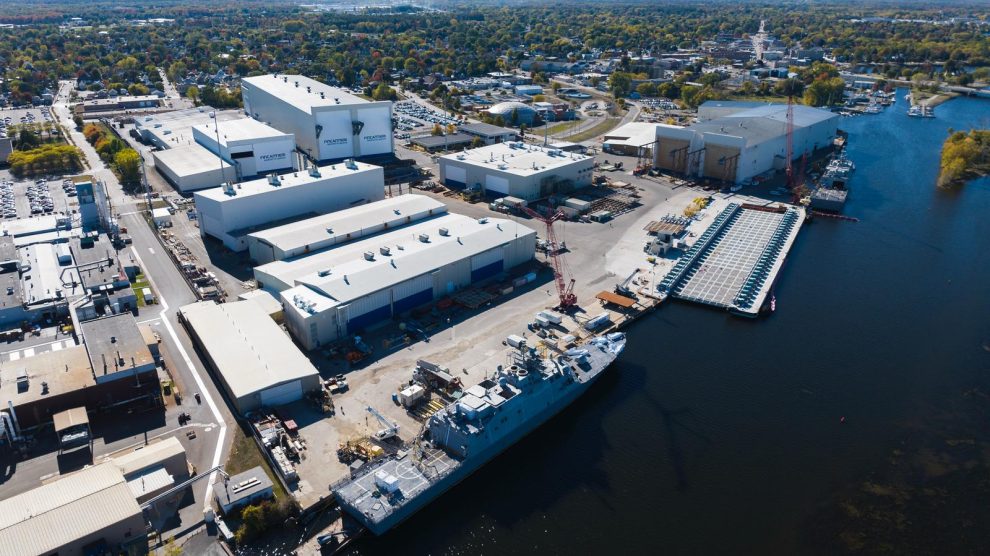Decoding the news. In the joint statement released after Italian Prime Minister Giorgia Meloni met with US President Donald Trump in Washington on Thursday, Italy affirmed it “will contribute to the maritime renaissance” of the US shipbuilding sector, while the US “will look into the investment opportunities offered by the increasingly positive Italian business environment”.
- This message underscores Rome’s role in powering America’s strategic naval resurgence.
- While the Trump administration is doubling down on the US maritime industrial base, Italy’s Fincantieri—a global champion in naval construction—is emerging as a critical asset in delivering this agenda.
- The collaboration directly strengthens US shipbuilding capacity (“very fast, very soon”, as Trump said), workforce development, and defence readiness.
The strategic dimension. Fincantieri is not just participating in the US shipbuilding revival—it’s helping to shape it.
- Its role strengthens the strategic Italy-US bond, fits squarely into Washington’s new industrial priorities, and offers a transatlantic model for reindustrialisation in critical sectors.
A historical presence. While Fincantieri is adding dozens more jobs through local outsourcing and supplier partnerships, its US activity is highly stable.
- “We are in a privileged position because we’ve had a presence in the US for 15 years,” said Fincantieri CEO Pierroberto Folgiero earlier this month, during the inauguration of the new MSC Miami Cruise Terminal, the largest cruise terminal in the world built by the Italian company.
- At the heart of Fincantieri’s US presence, the yard Marinette, Wisconsin, is building the US Navy’s Constellation frigates—a program seen as central to rearming the fleet.
- The civilian yard in Sturgeon Bay, Wisconsin, supports fleet maintenance and vessel conversion.
- Future production may include specialised strategic workboats aligned with the US National Security Strategy, such as icebreakers.
- Fincantieri is expanding its capacity for ship repair and post-construction testing in Jacksonville, Florida.
By the numbers. Fincantieri is one of the world’s largest and most diversified shipbuilders, with over 230 years of history and a reputation for excellence across multiple maritime sectors.
- In 2024, Fincantieri’s revenues were €8.1 billion, a 6.2% increase from 2023.
- The company’s EBITDA grew by 28%, reaching €509 million, with an EBITDA margin of 6.3%.
- Over the past fifteen years, Fincantieri has committed more than $800 million to its American operations, of which roughly $400 million was channelled into military shipbuilding at the Marinette shipyard in Wisconsin.
- Today, the company directly employs more than 3,000 people across the United States, and thanks to its involvement in the Constellation‑class frigate programme, it expects to generate 800 new jobs by 2027.
Between the lines. Fincantieri isn’t just exporting industrial know-how—it’s building a long-term US-based ecosystem.
- Engineering hubs in the region will serve Marinette and Sturgeon Bay.
- Fincantieri’s engineering centre in Houston, which is fully cleared for classified government programs, supports design capability.
- A pilot program with the University of Michigan is already underway to train new generations of naval engineers, starting to create academic links.
Innovation watch. Fincantieri is fast-tracking automation and robotics in US yards to improve productivity in low-added-value construction phases, ensuring competitiveness and rapid delivery timelines.
- The company is also expanding its naval tech and startup hub in the Bay Area, Los Angeles, Texas and Florida focusing on next-gen systems and subsystems for commercial and military applications.





